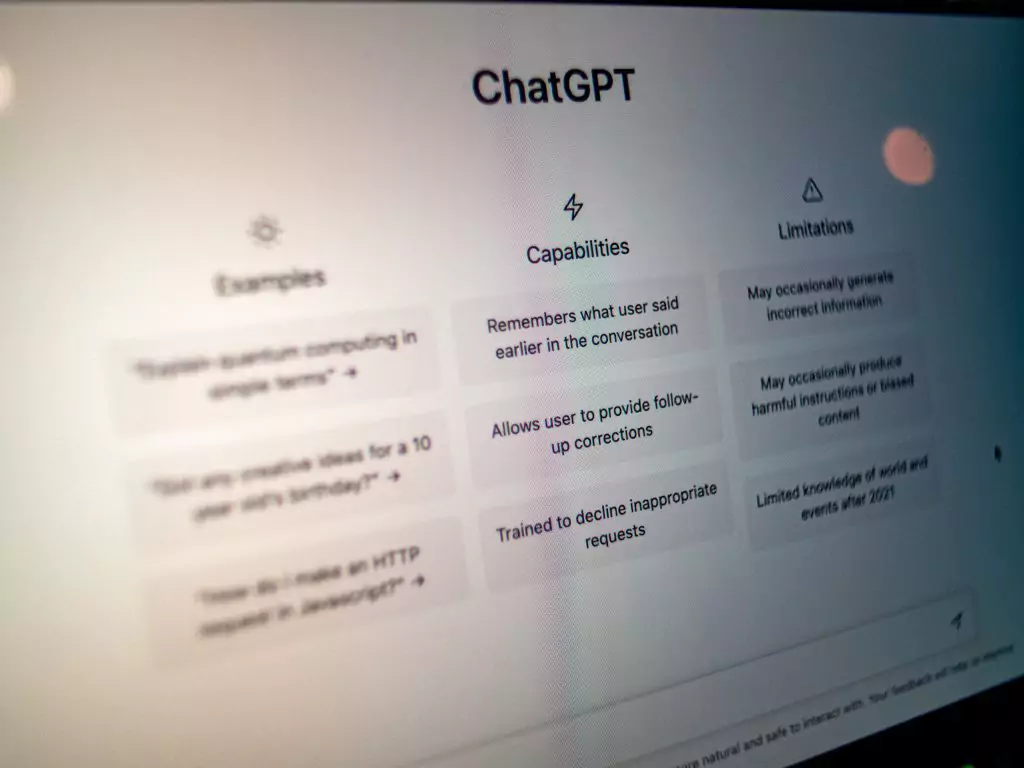
ChatGPT, developed by OpenAI LLC, is at the center of a defamation lawsuit filed by a Georgia-based radio host, according to the report by Bloomberg Law. The lawsuit claims that the artificial intelligence bot generated a fake legal complaint accusing the host of embezzlement.

✅ AI Essay Writer ✅ AI Detector ✅ Plagchecker ✅ Paraphraser
✅ Summarizer ✅ Citation Generator
Key Takeaways:
- Radio host Mark Walters alleges that ChatGPT created a false legal complaint accusing him of embezzling money from the Second Amendment Foundation, a claim that was completely false.
- The lawsuit underlines concerns around generative AI programs and their potential to spread misinformation and create false outputs.
- This lawsuit, the first of its kind, could have significant implications for the regulation and use of AI technology, particularly as it pertains to the dissemination of information.
Emerging Concerns Around Generative AI Programs
The lawsuit was filed in Georgia state court by Mark Walters, the host of Armed America Radio. Walters states that ChatGPT provided the false information to Fred Riehl, editor-in-chief of AmmoLand, who was reporting on a real-life legal case – Second Amendment Foundation v. Ferguson.
The Second Amendment Foundation’s case had nothing to do with financial allegations against anyone. But the AI bot reportedly twisted the details, stating, “Alan Gottlieb was suing Walters for defrauding and embezzling funds” from the foundation as chief financial officer and treasurer. “Every statement of fact in the summary pertaining to Walters is false,” according to the defamation suit, filed on June 5.
The lawsuit highlights growing concerns about the accuracy and trustworthiness of AI chatbot outputs. Several instances have recently come to light where the AI chatbot confidently provided incorrect responses, a phenomenon known as “hallucination”.
AI’s Potential for Spreading Misinformation
ChatGPT’s allegations against Walters were described as “false and malicious” in the lawsuit, accusing the bot of injuring Walter’s reputation and exposing him to public contempt. The incident has further ignited the debate over the potential for AI to spread misinformation and the ethical implications of such actions.
In a similar recent incident, an Australian mayor made headlines when he announced his intention to sue OpenAI over false claims made by ChatGPT stating that he had been imprisoned for bribery. Additionally, a New York lawyer faced potential sanctions after citing non-existent case law drafted by ChatGPT.
Regulatory Implications of AI’s Role in Misinformation
This unprecedented lawsuit against OpenAI could potentially pave the way for more stringent regulations on generative AI programs. It underscores the need for accuracy and reliability in the outputs of AI technology, especially when dealing with sensitive topics that can influence public opinion or personal reputations.
As of the time of reporting, OpenAI has not provided any comments on the lawsuit.
The case brings to light the potential risks of relying heavily on AI for information generation, especially in areas requiring accuracy and verification. As AI continues to evolve and become increasingly integrated into our lives, the debate around its regulation and ethical use promises to intensify.
Debunking Misconceptions about AI-Generated Content
AI has garnered its fair share of hype and skepticism, and as AI-generated content becomes more prevalent, so do misconceptions. Here, we debunk a few common misunderstandings about AI-generated content and provide a clearer picture of what these AI systems can and cannot do.
- AI creates content autonomously: One of the most prevalent misconceptions is that AI can generate content independently. The reality is, AI relies heavily on pre-existing data sets for its output. AI doesn’t create content from a vacuum; it’s designed to learn from patterns and repurpose this information to generate content.
- AI can understand and interpret information like humans: AI is not capable of understanding or interpreting information in the same way humans do. It doesn’t possess consciousness or emotional intelligence, and it lacks the ability to grasp abstract concepts or nuances that humans naturally understand.
- AI-generated content is always accurate: As evidenced by the OpenAI lawsuit, this is clearly not the case. While AI can process large amounts of data and produce relevant outputs, it’s also susceptible to “hallucinations,” or generating content that’s not accurate or true.
- AI replaces human creativity: AI can generate content, but it lacks the emotional depth, creativity, and contextual understanding that a human creator brings. AI is a tool to augment human creativity, not replace it.
- AI can’t be held accountable for misinformation: As technology advances, legal and ethical accountability for AI-generated content is a rapidly evolving field. Instances like the defamation suit against OpenAI are pushing this issue into the limelight, emphasizing the need for improved oversight and responsibility in AI-generated content.
Understanding these misconceptions can help us effectively harness the potential of AI-generated content while being mindful of its limitations. As we continue to integrate AI into various aspects of our lives, a balanced view that acknowledges both its capabilities and limitations become increasingly important.
Related articles:
AI Industry Titans and Researchers Alert the World to Potential Extinction Risk from AI
Artificial Intelligence and Creativity: Coexistence or Clash?
ChatGPT: A Game-Changer in Productivity or a Threat to Job Security? An MIT Study Explores
Follow us on Reddit for more insights and updates.





Comments (0)
Welcome to A*Help comments!
We’re all about debate and discussion at A*Help.
We value the diverse opinions of users, so you may find points of view that you don’t agree with. And that’s cool. However, there are certain things we’re not OK with: attempts to manipulate our data in any way, for example, or the posting of discriminative, offensive, hateful, or disparaging material.